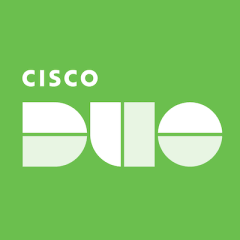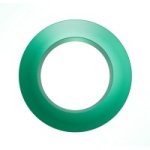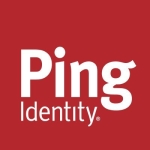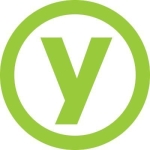One year ago, I deployed Cisco Duo for one of my clients at my previous company because we are a Cisco Gold Partner company. My client wanted to deploy Cisco Duo on their remote access VPN. They have a Cisco FTD firewall, and mostly users join on weekends through Cisco AnyConnect. My client requested 2FA for these users, so I deployed the solution.
A few months ago, I worked on Upwork where one of my clients approached me and asked if I could install Cisco Duo for their small cybersecurity company. This presented a good opportunity for me because I am in Pakistan, and my client is in the USA.
Cisco Duo is a simple and effective tool that gives detailed information about users who connect to your domain. You can review the logs, including the public IP that the user uses, which country the user is in, and the city where the user is located. Everything is perfect in the logs. One tab shows that a user, for example Hasnain, is connected through remote access VPN and is using a specific public IP from a particular city in a specific country.
Cisco Duo offers a great logging solution in a Cisco environment. Additionally, Cisco Duo integrates easily with single sign-on apps, and I have used it on the Cisco ISE side because you can add the Cisco Duo address to your ISE and create the same user in both Cisco Duo and Cisco ISE. This makes it easy to manage, as Cisco ISE directly sends requests to Cisco Duo to verify, and the user logs in with a push notification or SMS code.
I am using many features in Cisco Duo, including logging in to Cisco ISE, sending requests when I log in to Cisco FTD through Cisco Duo, and checking 2FA on Cisco AnyConnect. Additionally, I have installed Cisco Duo app on my Windows-based machine, which checks for 2FA notifications every time I reboot the system or press Windows + L. This sends notifications to the cloud to check the username, and it also provides features that ensure the Windows Firewall is always enabled and verify that sensitive data partitions are encrypted. Moreover, it checks that antivirus is properly installed on the system. I also integrate my app within my company and have implemented single sign-on services through Cisco Duo, which is outstanding.
Cisco Duo could improve by considering feedback on features or requests for future releases.
When I worked on Cisco Duo, I encountered a limitation that I want to discuss. When a user logs in on a Windows machine using a Microsoft account, it is easy because you install the installer on your system and generate a code to enroll in Cisco Duo app. However, when I installed the package on the system, the user who was already added on Cisco Duo mobile app faced an issue. When I restarted the system, the screen turned black, and the user got stuck because we could not enter the username and password. After reading Cisco documentation, I learned that they do not support Hotmail addresses. This caused a problem since the user was using a Hotmail account. My client was very understanding about it, but I felt I failed to deploy Cisco Duo effectively. There are limitations because Cisco Duo does not support Hotmail accounts, which many people use to log in to their systems.
The two main limitations on Cisco Duo are first, the requirement to install the installer on my server, and second, that Cisco does not support Hotmail accounts. I regret this limitation due to Cisco not supporting Microsoft accounts.
I have been using Cisco Duo in my career for one year.
Cisco Duo provides scalability and smooth integration with some applications.
I have contacted Cisco customer support, which is highly remarkable. I open cases with Cisco regularly, and they provide prompt support for any case. Although I did not open any cases on Cisco Duo specifically, I have worked with many Cisco devices in my current network. Cisco support is notably above average; few companies match Cisco's technical and customer support capabilities when you are stuck on technical or pricing issues.
Regarding the pricing for Cisco Duo, I find that Cisco is always costly. In my current network, I work in a financial institute where we use 2FA for Fortinet, which is easy to deploy but not scalable. Implementing Cisco Duo is more complicated, but when you integrate the solution fully, Cisco provides a very comfortable experience. The pricing comparison shows a great margin as Cisco is costly, while Fortinet is less expensive.
I use Fortinet, which you can ask me about as an alternative two-factor authentication solution.
If you have any questions, you can ask me. I give this review a rating of 8.5 out of 10.


















